Grape Variety
Schiava
"skee-AH-vah"
Wine Styles
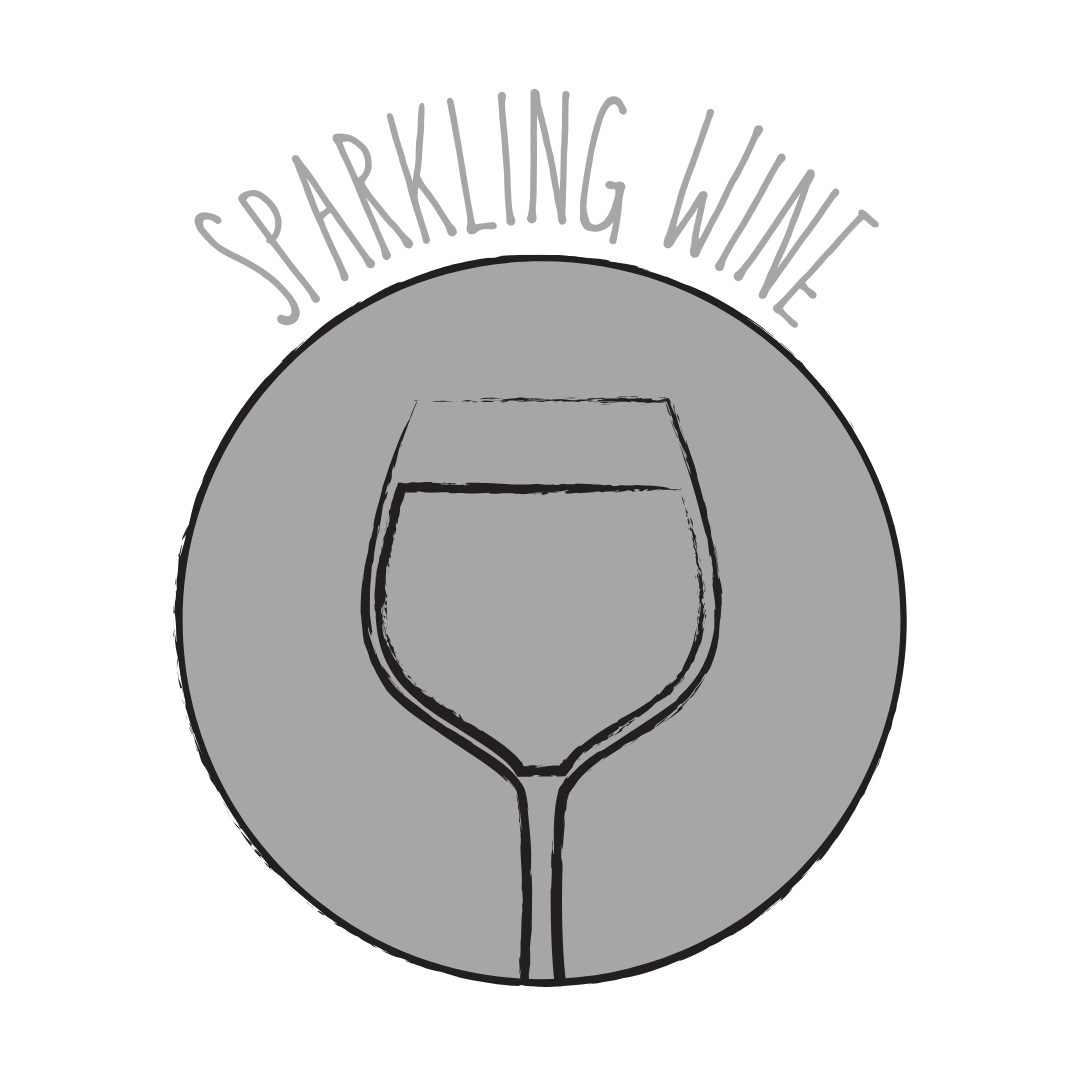 Sparkling
Sparkling Light White
Light White Full White
Full White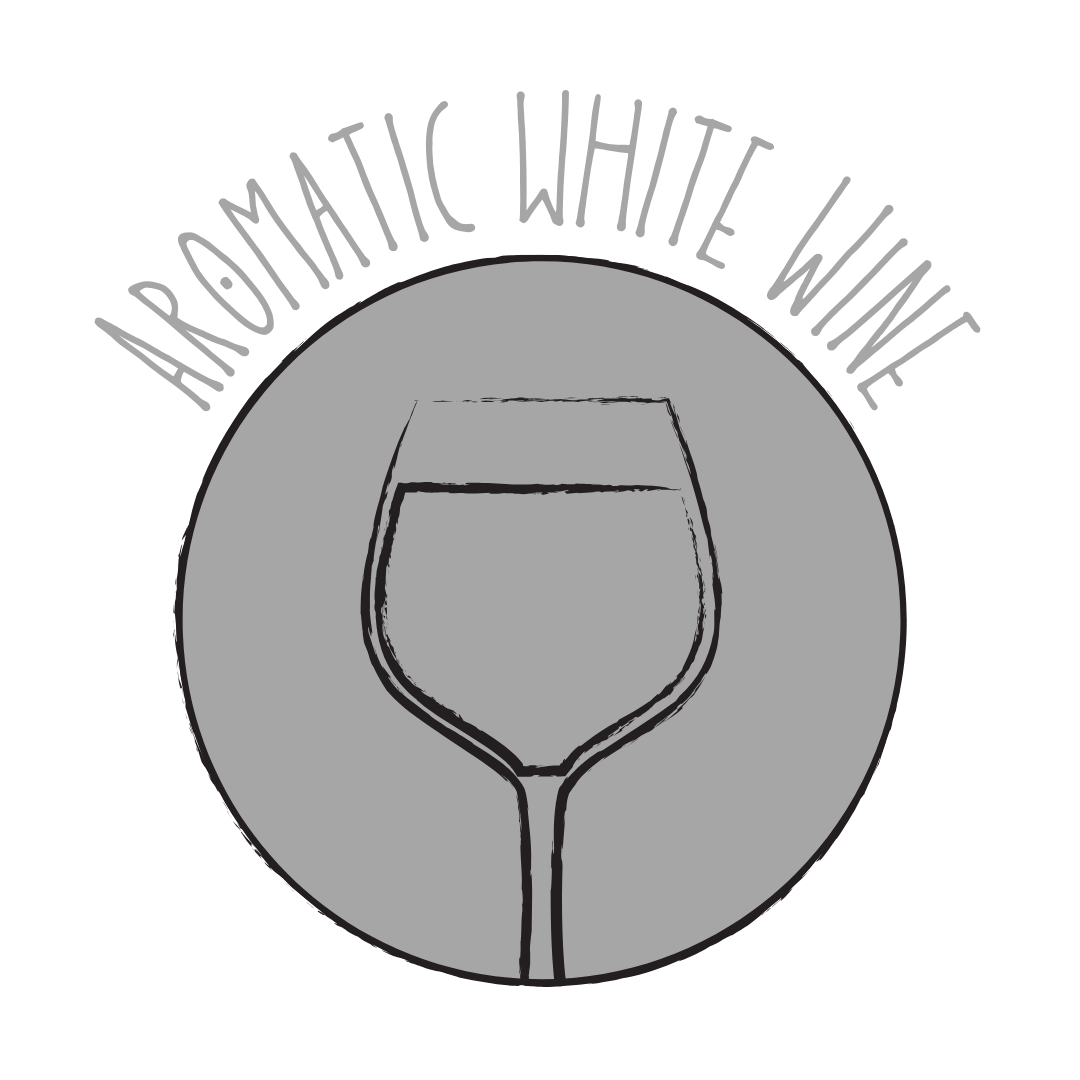 Aromatic
Aromatic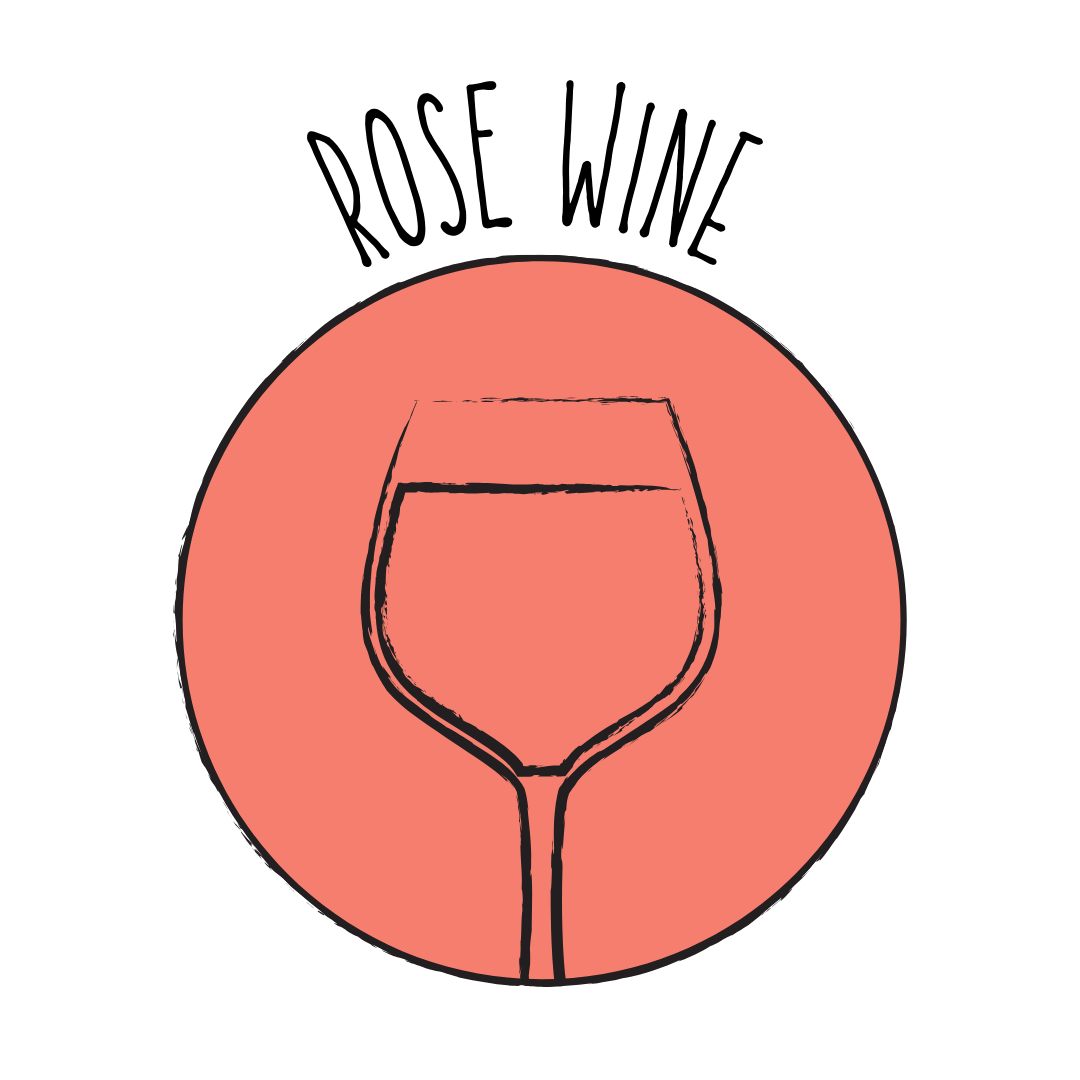 Rosé
Rosé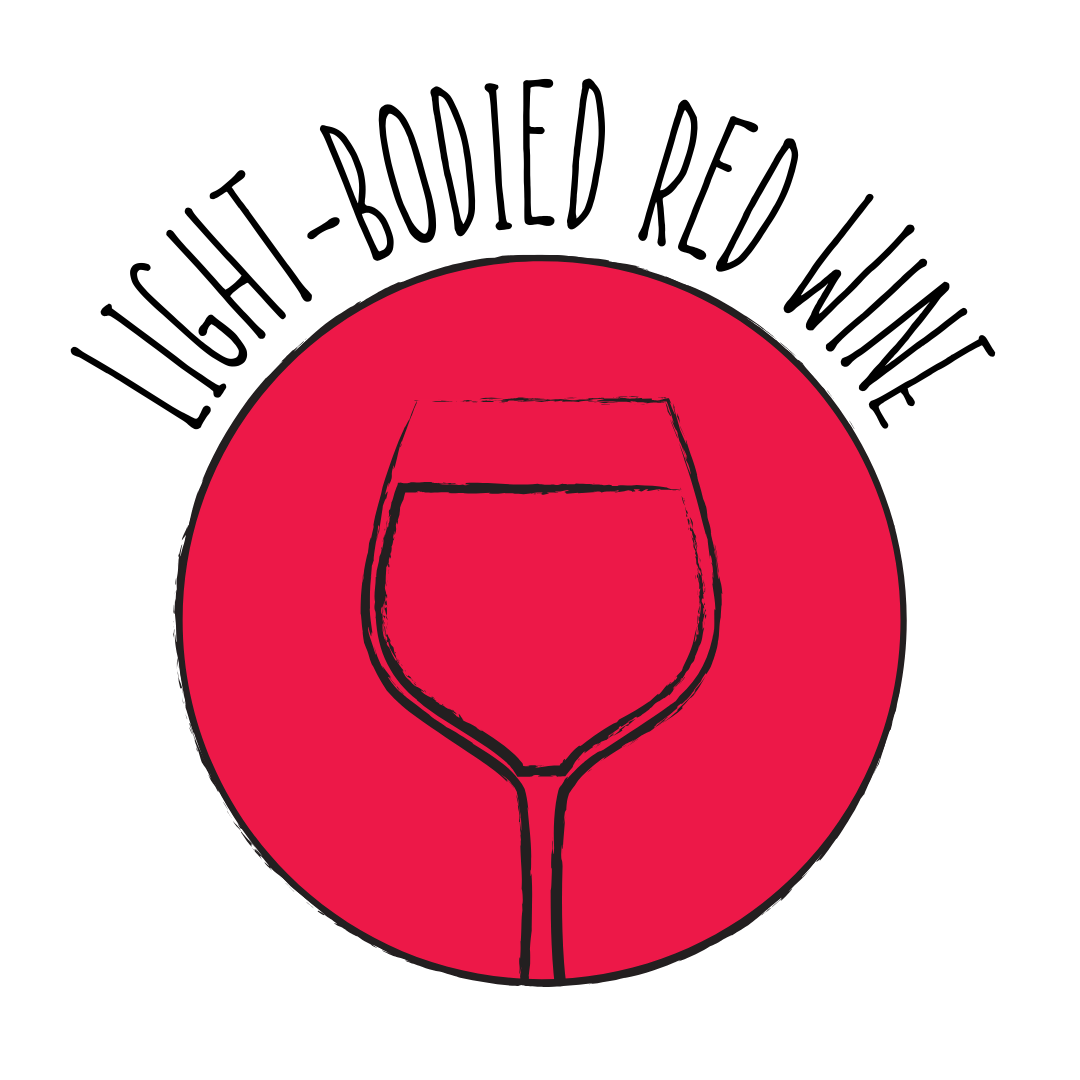 Light Red
Light Red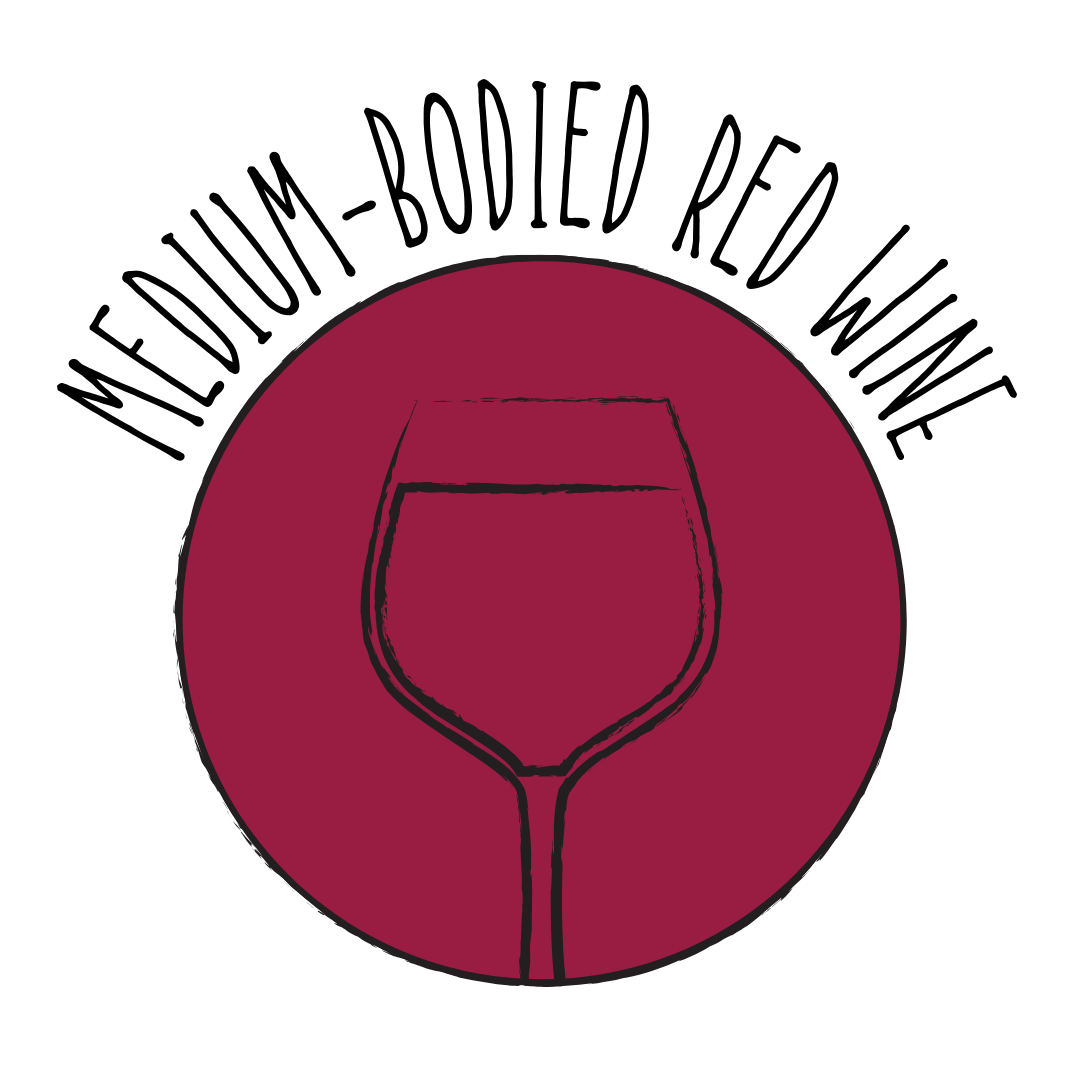 Medium Red
Medium Red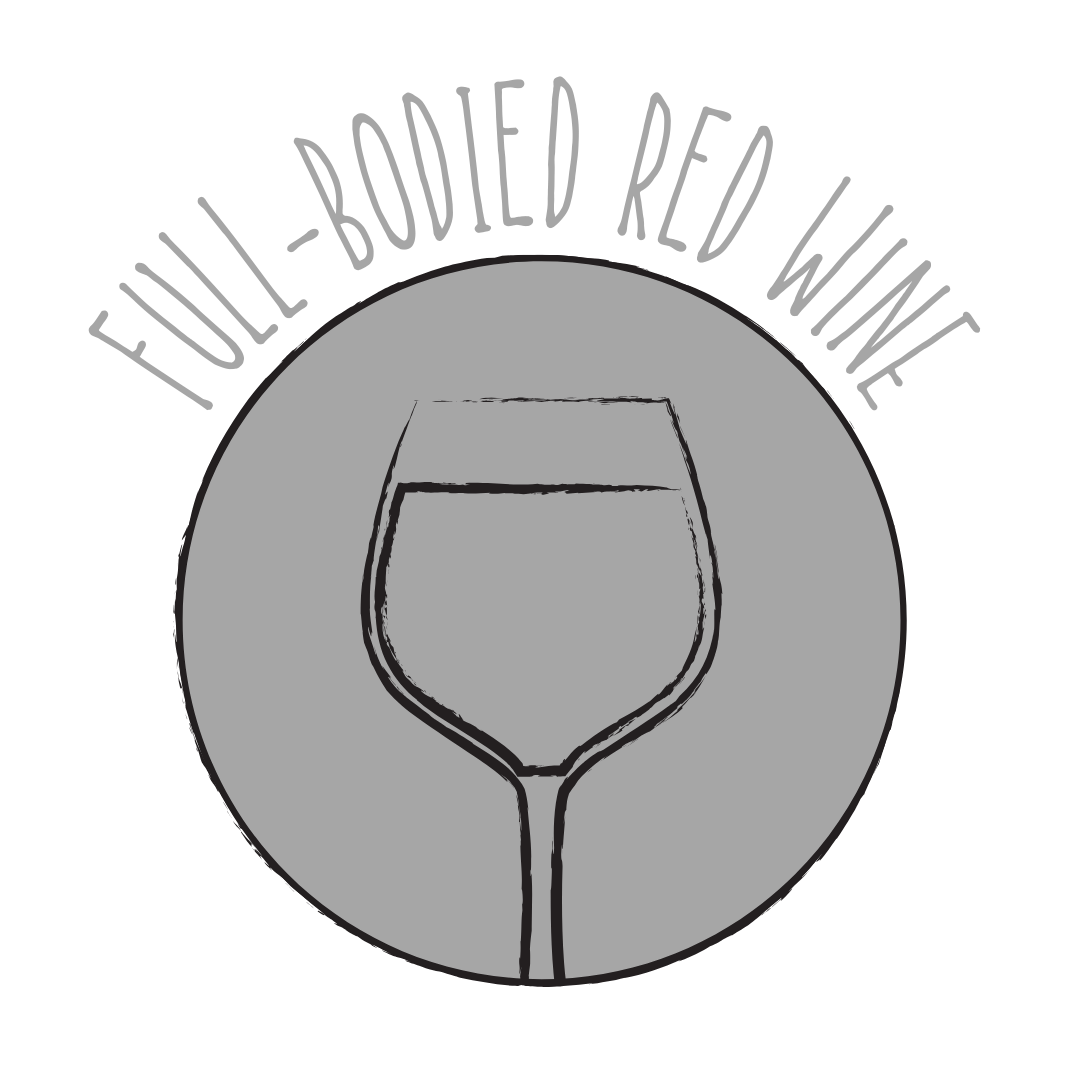 Full Red
Full Red Dessert
DessertAbout Schiava
Origin
Trentino-Alto Adige/Südtirol, Italy
History
Schiava, also known as Vernatsch in German-speaking regions and Trollinger in Germany, is a historic red grape variety primarily grown in the Trentino-Alto Adige/Südtirol region of northern Italy. The name 'Schiava' is derived from the Italian word for 'slave,' possibly referencing the traditional practice of training the vines to wooden stakes or pergolas. The grape has been cultivated since at least the 13th century and is known for producing light, aromatic red wines.
Appearance
Medium-sized, dark-skinned berries forming compact clusters.
Growing Traits
Schiava is a vigorous and productive vine that thrives in well-drained soils and cooler climates. It is often trained on overhead pergolas, a traditional method that protects the grapes from excessive sunlight and sudden weather changes. The grape is early to mid-ripening and is known for its resistance to certain diseases, making it well-suited to the alpine conditions of Alto Adige.
Wine Characteristics
Body
2/5
Sweetness
1/5
Tannin
1/5
Acidity
3/5
Alcohol
2/5
Light-bodied with a delicate structure, offering a fresh and approachable profile. Typically vinified dry, though some off-dry styles exist, especially in rosé wines. Low tannin levels, contributing to its smooth and soft mouthfeel. Medium to high acidity, providing freshness and vibrancy to the wines. Moderate alcohol content, generally ranging from 10% to 12.5%, depending on the winemaking style.
Taste Profile

Strawberry

Raspberry

Rose
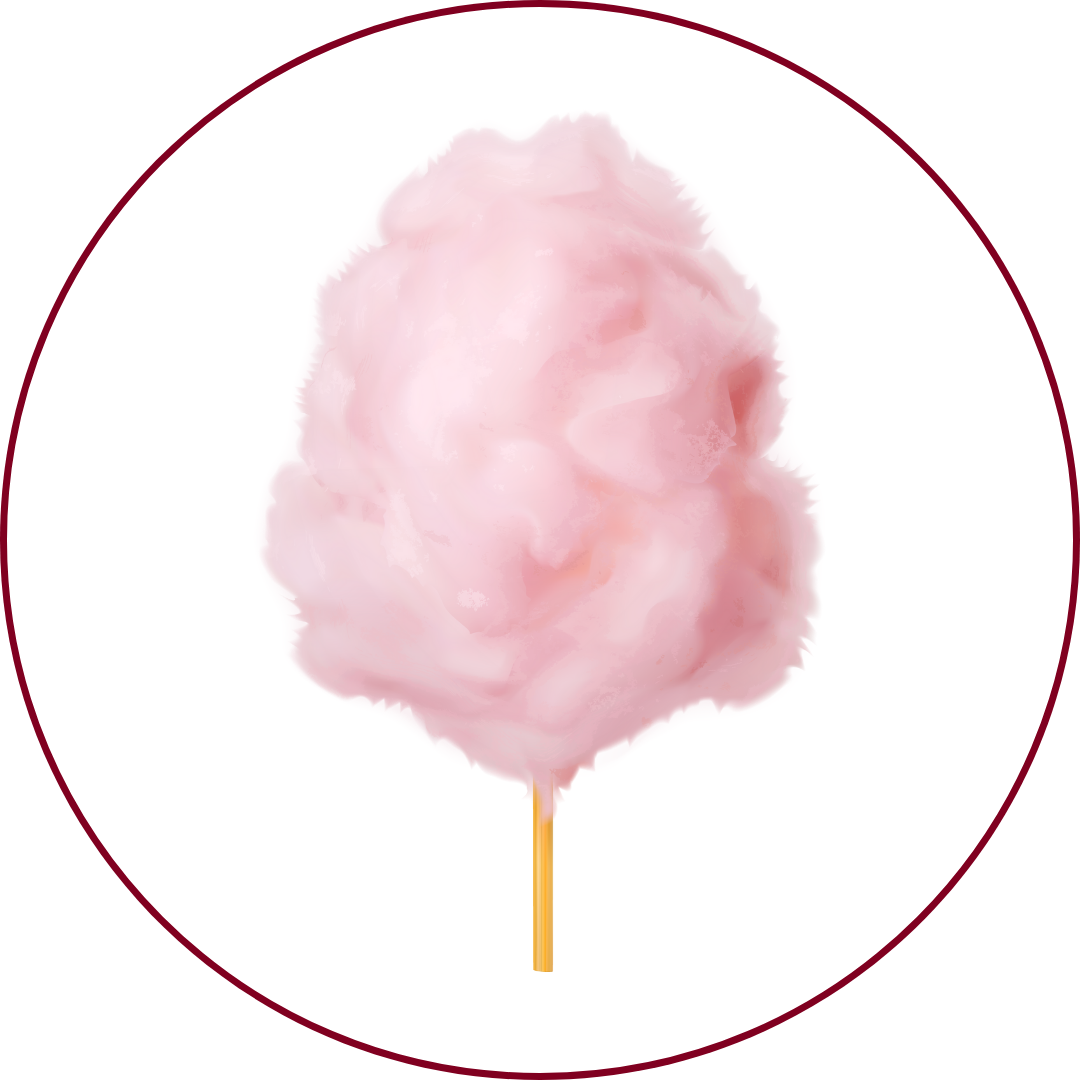
Cotton candy

Lemon
Schiava wines are characterized by their sweetly aromatic profile, often reminiscent of cotton candy and roses. On the palate, they typically exhibit flavors of fresh strawberries and raspberries, accompanied by a hint of citrus like lemon. The wines are light-bodied with low tannins and medium to high acidity, making them refreshing and easy to drink.
Food Pairing
Schiava's light body and bright acidity make it a versatile companion for various dishes. It pairs well with charcuterie, light pasta dishes, and grilled fish. The wine's subtle fruitiness complements Southeast Asian cuisine, particularly dishes featuring aromatic herbs like basil and lemongrass. Its low tannin content also makes it suitable for pairing with spicy foods, as it won't exacerbate heat.
Growing Regions

Italy
Trentino-Alto Adige/Südtirol

Germany
Württemberg
Notable Wines & Producers
Santa Maddalena Classico
Franz Gojer
Cantina Bolzano
Kalterersee Classico Superiore
Elena Walch
Cantina Kaltern
Schiava FAQ
Common questions about this grape variety
What is the origin of Schiava?
+
Trentino-Alto Adige/Südtirol, Italy
Is Schiava wine full bodied?
+
Schiava has a body level of 2 out of 5. Which means that Schiava is Moderate to Light bodied.
Is Schiava wine dry or sweet?
+
Schiava has a dryness level of 1 out of 5. Which means that Schiava is Dry.
Where is Schiava wine from?
+
Trentino-Alto Adige/Südtirol, Italy
Where is Schiava grown?
+
Schiava is grown in Italy (Trentino-Alto Adige/Südtirol)Germany (Württemberg).
What is Schiava like?
+
Schiava wines are characterized by their sweetly aromatic profile, often reminiscent of cotton candy and roses. On the palate, they typically exhibit flavors of fresh strawberries and raspberries, accompanied by a hint of citrus like lemon. The wines are light-bodied with low tannins and medium to high acidity, making them refreshing and easy to drink.
What does Schiava pair with?
+
Schiava's light body and bright acidity make it a versatile companion for various dishes. It pairs well with charcuterie, light pasta dishes, and grilled fish. The wine's subtle fruitiness complements Southeast Asian cuisine, particularly dishes featuring aromatic herbs like basil and lemongrass. Its low tannin content also makes it suitable for pairing with spicy foods, as it won't exacerbate heat.
What does Schiava taste like?
+
Schiava wines are characterized by their sweetly aromatic profile, often reminiscent of cotton candy and roses. On the palate, they typically exhibit flavors of fresh strawberries and raspberries, accompanied by a hint of citrus like lemon. The wines are light-bodied with low tannins and medium to high acidity, making them refreshing and easy to drink.
Take Schiava Knowledge with You
Access detailed grape profiles, tasting notes, and pairing suggestions on your iPhone.
Download on theApp Store